Books in Progress
-
Decolonizing Psychoanalysis
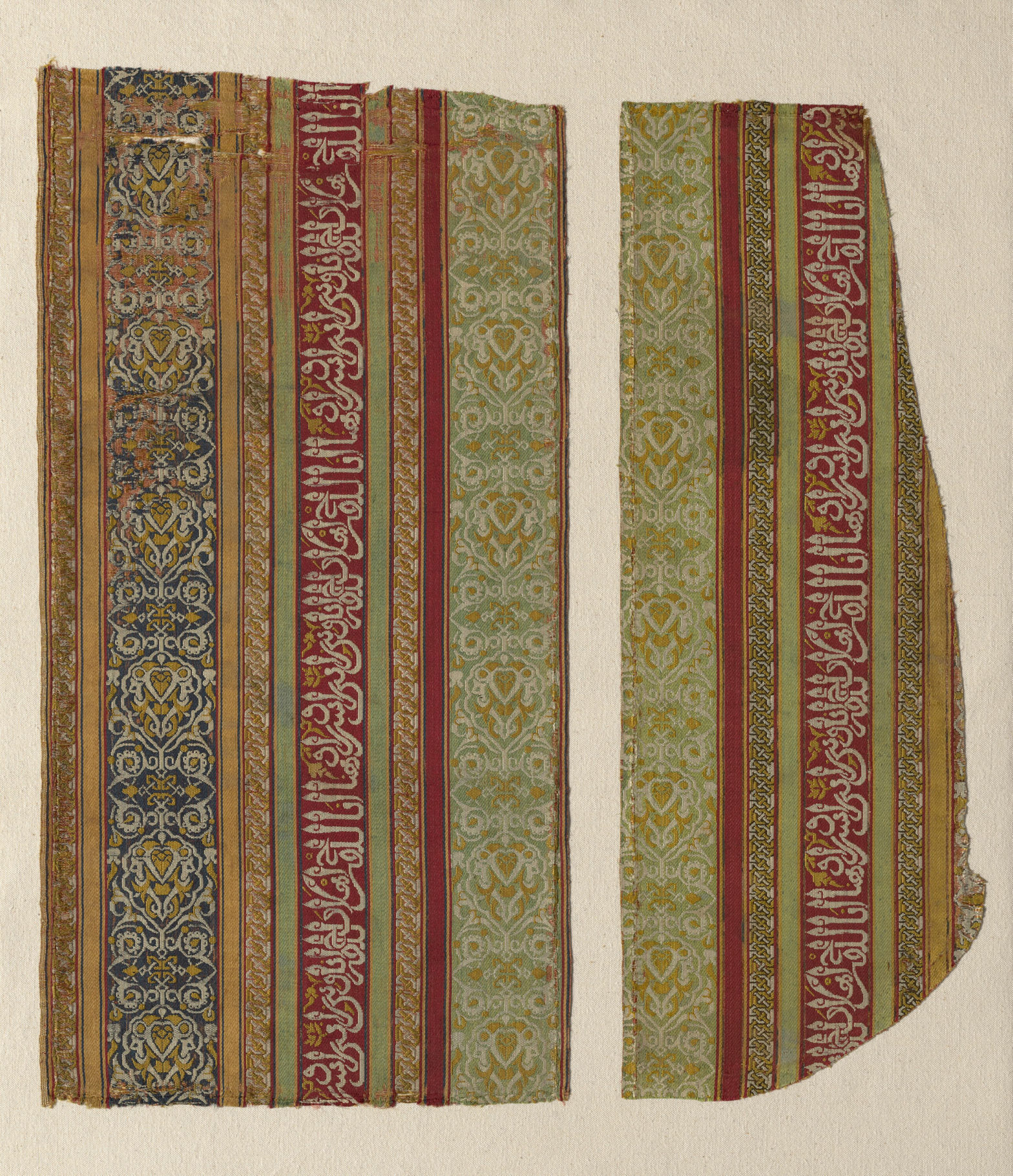
Decolonizing Psychoanalysis imagines psychoanalysis geopolitically by drawing upon non-Western theory and apophatic theology in order to rethink key meta-psychological concepts, such as the Unconscious; Imagination; Ethics; and Embodiment. More specifically, it explores psychoanalytic theory through the oeuvre of Sami-Ali, the Arabic translator of Sigmund Freud’s Three Essays on the Theory of Sexuality, author of a large body of original psychoanalytic writings, and translator of the poetry of Sufi masters. In his early theoretical writings, Sami-Ali rethinks the category of the imaginary as distinct from both phenomenology and Lacanian theory. Structured by an Islamic apophatic theology, such a notion of the imaginary conceptualized psychic reality as a space of conjoined opposites, much like the dream world, marking a reality which both exists and does not exist. This theologically-informed notion of imagination, more expansive than that of Jean-Paul Sartre, Maurice Merleau-Ponty, or even Freud, highlighted the importance of non-savoir (non-knowledge) and creative forces beyond those of the human subject.
An initial article from this book project, “Psychoanalysis and the Imaginary: Translating Freud in Postcolonial Egypt,” has been published in the journal Psychoanalysis & History. An exploratory foray into the work of Sami-Ali, it argues that his writings enable a critical rethinking of the role of the imaginary, the mechanisms of projection, and the epistemology of non-knowledge in the workings of the unconscious. Significantly, such a rethinking of key psychoanalytic concepts drew upon the Sufi metaphysics of the imagination of Ibn ʿArabi. Yet such theoretical work cannot be understood outside of its wider clinical context and the conditions of (im)possibility that structure psychoanalysis within the postcolony. Reconstituting Sami-Ali’s early theoretical writings alongside his work with the long-forgotten figures he observed, incarcerated sex workers in 1950s Cairo, I argue that his clinical encounters constituted the ground of his theorization of the imaginary within the embodied subject. Attending to the work of translation inherent within psychoanalytic practice – whether from Sigmund Freud’s own German writings into French or Arabic, or from clinical practice into theoretical discourse – helps us conceptualize psychoanalysis as taking place otherwise at the intersection of multiple epistemological and ethical traditions.
-
Encountering Traditions
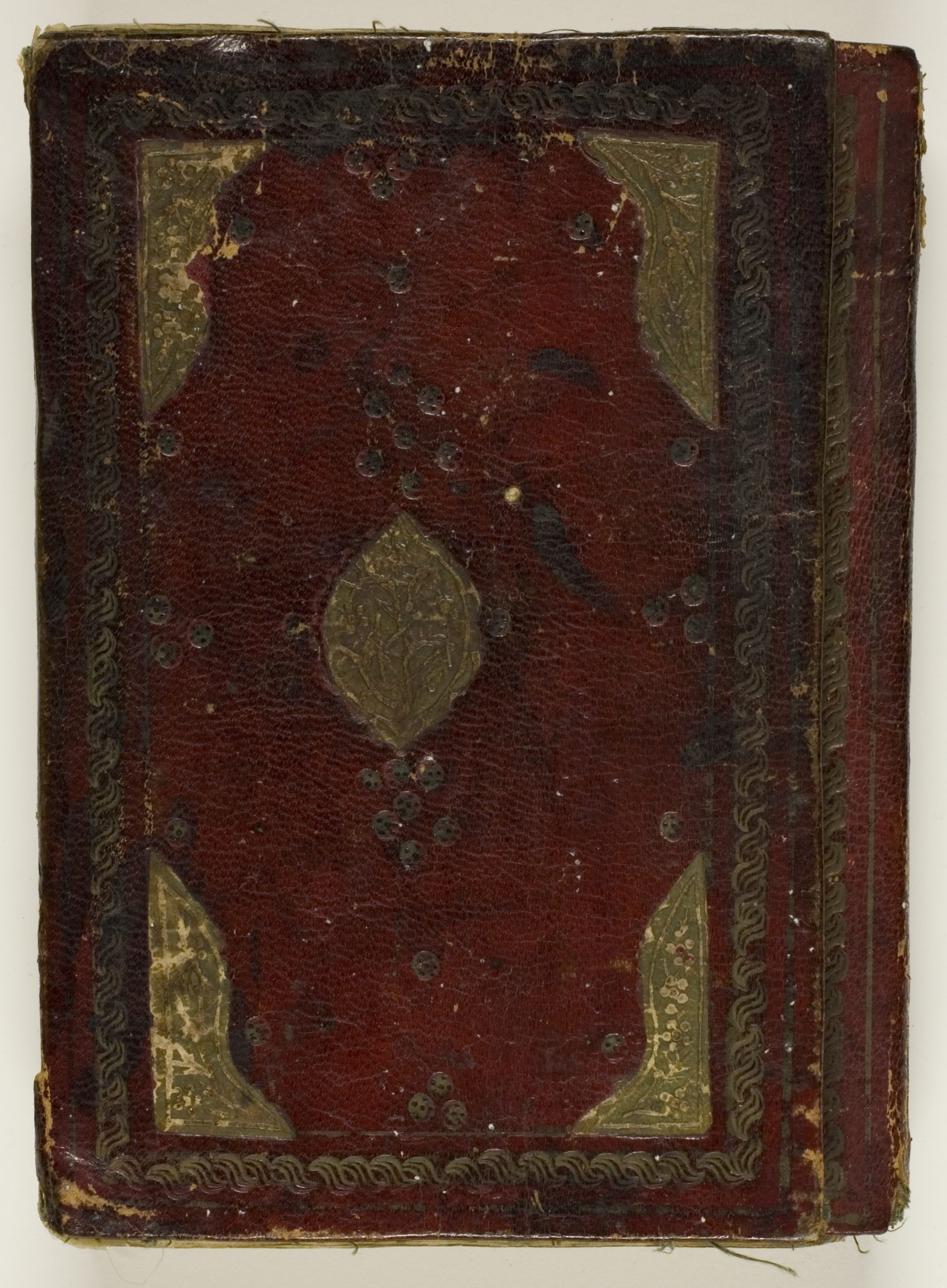
Encountering Traditions explores the emergence of a vibrant movement of intellectual exchange between Muslim and Catholic scholars and religious practitioners in twentieth century Egypt. It asks: how did the encounter between Islam and Catholicism lead to an ethical thematization of religious difference? These thematizations often delineated the similarity and distinctiveness of Islamic concepts, such as the Oneness of God; practices, such as sincerity and truthfulness; and sensibilities, such as inwardness. The project thus examines the cross-fertilization of ideas and practices and the co-constitution of intellectual and social histories of spirituality that come about through experiences of encounter with the religious other. Chapters will address meta-theoretical concepts such as: Certainty and Doubt; Inwardness; Divine Love; and Perfection.
An initial article from this book project, “Inwardness: Comparative Religious Philosophy in Modern Egypt,” is forthcoming in the Journal of the American Academy of Religion. “Inwardness” centers the Islamic philosopher ʿUthman Amin in order to explore the intellectual exchange between Muslim and Catholic scholars in twentieth century Egypt. Specifically, I explore Amin’s philosophy of inwardness and its attendant virtues of seclusion, spiritual contemplation, and the jihad of the self, through the lens of an Islamic discursive tradition. How might we understand the concept of an Islamic discursive tradition, as a philosophy of reasoned and embodied religion, within the context of such interreligious encounters?
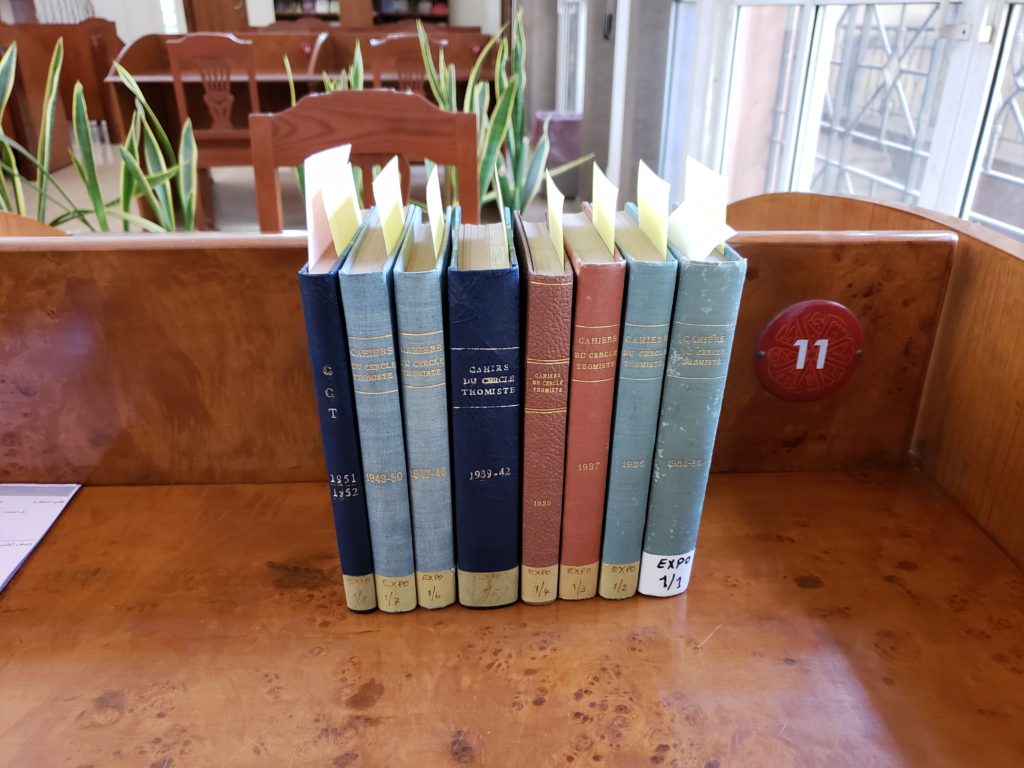
Recent Talks
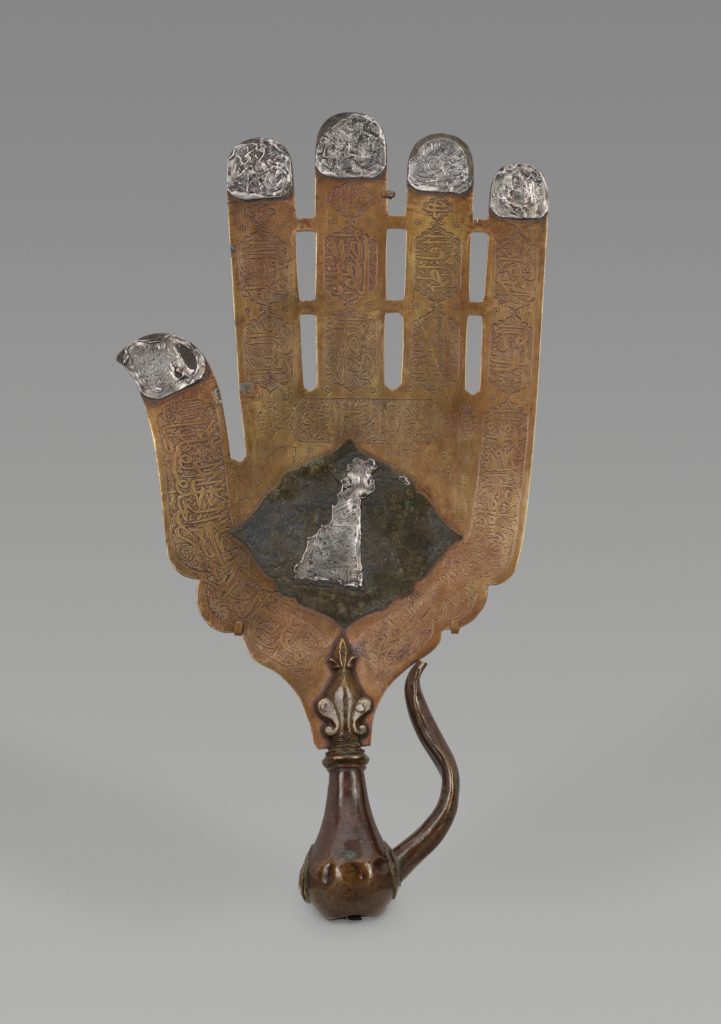
“Understanding and Teaching the Modern Middle East,” Islam and the University, University of Reading, England, June 7, 2021.
“Invisible Bodies: Psychoanalysis, Subjugated Knowledges, and Intimate Ethics in Postwar Egypt” Triangle Intellectual History Seminar, Research Triangle, North Carolina, USA, September 26, 2021.
“Psychoanalysis and Islam: Translation and Tradition in Modern Egypt,” Conversation on Psychoanalysis in Judaism & Islam (with Naomi Seidman) – Madrasa – Midrasha Graduate Theological Union, Berkeley, CA, USA, October 13, 2021.
“Invisible Bodies: Psychoanalysis, Subjugated Knowledges, and Intimate Ethics in Postwar Egypt,” International History Workshop, Center for International History, Columbia University, New York, USA, October 20, 2021.
“Invisible Bodies: Psychoanalysis, Subjugated Knowledges, and Intimate Ethics in Postwar Egypt,” International History Workshop, Department of Near Eastern Studies, Cornell University, New York, October 25, 2021.
Conferences
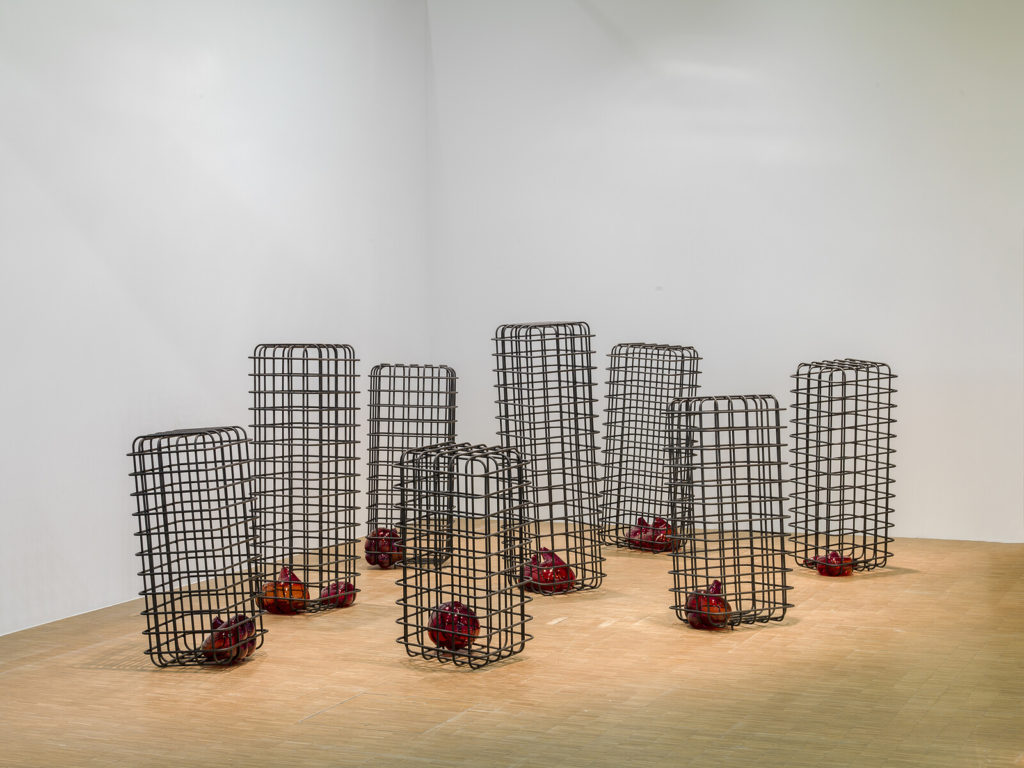
Psychoanalysis and the Middle East: Discourses and Encounters
May 5-6, 2017
Co-organizer and Convener (with Sara Pursley)
Center for Near Eastern Studies, New York University
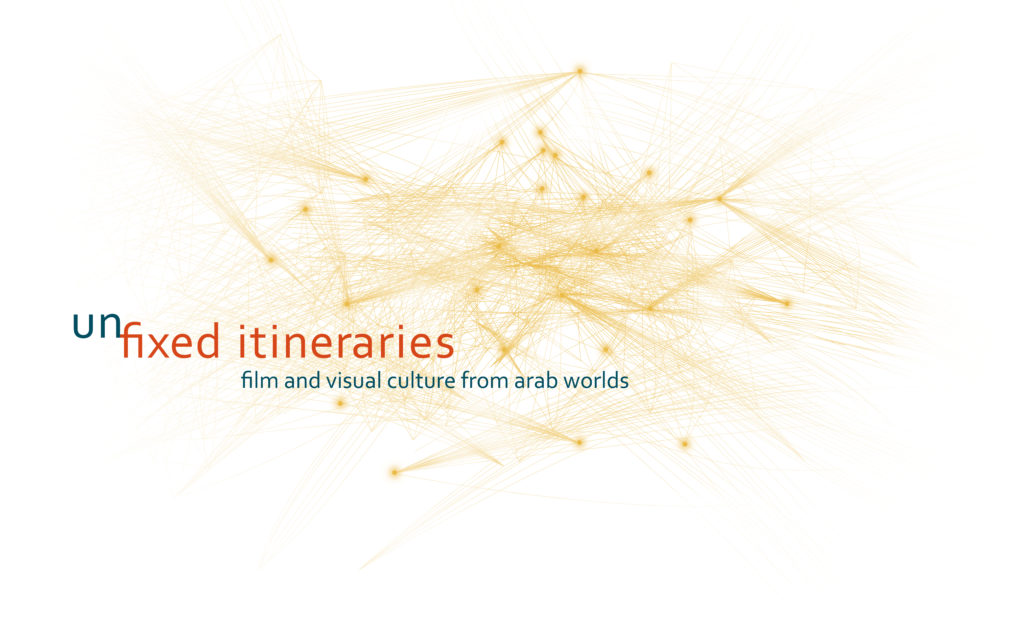
Unfixed Itineraries: Film and Visual Culture from Arab Worlds
October 25-26, 2013
Co-organizer and Convener (with Peter Limbrick)
University of California, Santa Cruz